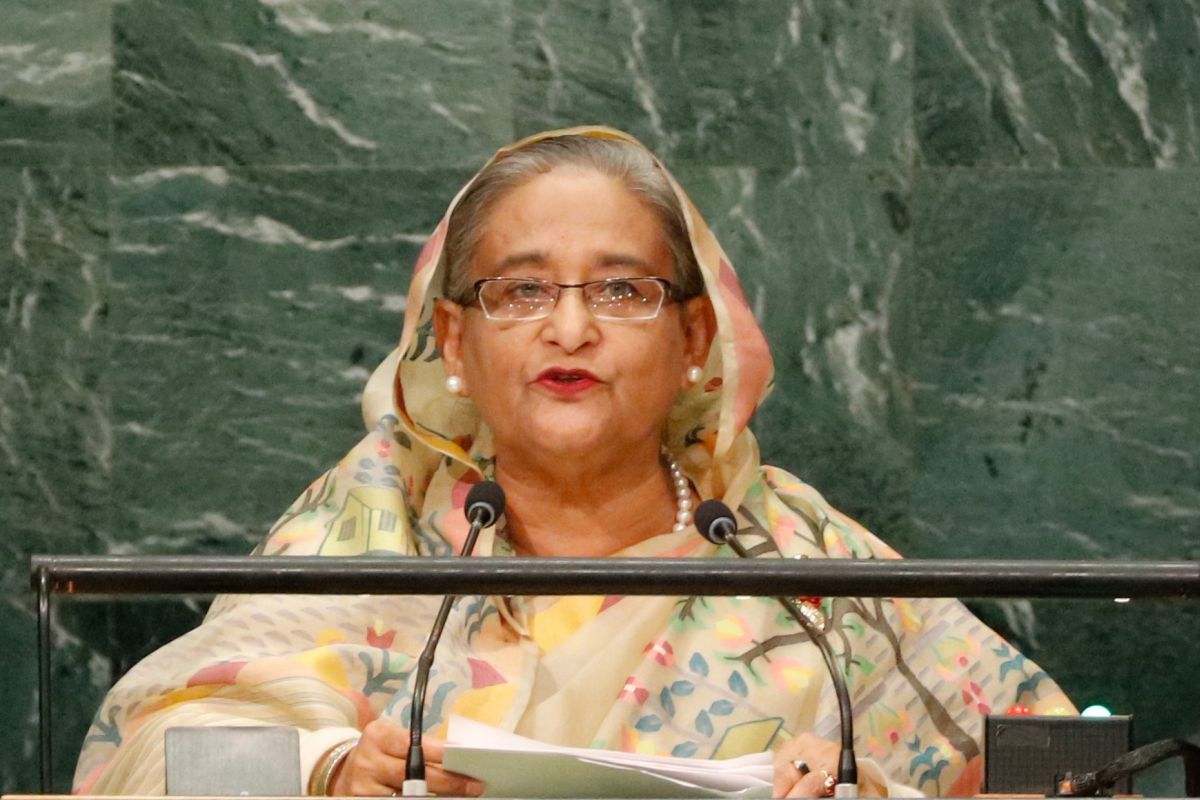Begum Hasina’s advice to her cook to cut down on the use of onions in the wake of India’s ban on the export of the essential commodity was a mildly humourous aside during her recent visit to India.
Though acutely aware of Dehi’s compulsions, the Bangladesh Prime Minister may arguably have a point when she contends that the Government of India ought to have alerted the countries that import the commodity before rather abruptly announcing the decision.
Advertisement
Her claim that “I’ve asked for food without onions” was greeted with peals of laughter from the audience.
Beyond the optics of the India-Bangladesh Business Forum meeting were the agreements that were concluded last weekend, indeed deals that have provoked a tragedy as well as a flutter in the roost across the eastern flank.
Both are a barometer of the anti-India sentiment that still prevails close to 50 years after liberation (16 December 1971). Begum Hasina may perhaps have alienated her domestic constituency.
So furiously indeed that a student, who had accused India of “short-changing” Dhaka, was lynched.
“Begum Hasina compromising on the interests of Bangladesh is an impossibility,” she is reported to have told a press conference.
There was no indication prior to her visit that there would be forward movement on sharing the waters of the Teesta ~ at the core of the imbroglio since 2011 not the least owing to the vehement opposition of Mamata Banerjee.
The fact of the matter must be that Teesta was not on the agenda during her talks with Prime Minister Narendra Modi. Nor for that matter was the latest issue of contestation ~ the National Register of Citizens. Her refusal to open the doors to Bangladeshis from India is of a piece with her attitude towards the Rohingyas. Diplomatically enough, she has left the NRC issue to the Supreme Court and the “appellate processes”. Thus has she washed her hands off the matter.
Within Bangladesh, her political detractors have accused her of “selling out” to India, most particularly in relation to two of the seven agreements that were concluded in Delhi. Both will bear on the bilateral economy. The first is Dhaka’s pledge to allow India to withdraw 1.82 cusecs of water from the Feni river, to be utilised for a drinking water scheme in Tripura.
“If someone asks for drinking water, can we say No?” was her sharp query to her critics back home. The second is the agreement to allow the use of the ports in Chittagong and Mongla for the movement of merchandise to and from India. Both agreements are integral to trade and social history of a subcontinent rent asunder.
There is considerable discord across the border over whether Hasina has also agreed to supply natural gas to Tripura.
She has clarified that it is an agreement to export LPG to India. In death, Abrar Farhad, a student of Bangladesh University of Engineering and Technology, symbolises the occasionally virulent anti-India sentiment. He was tortured and lynched by the footsoldiers of the Awami League for opposing the bilateral agreements.









